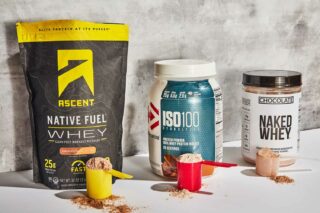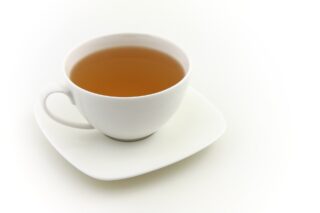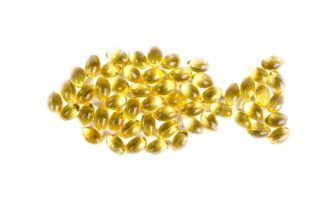Recovery is the unsung hero of peak performance. Athletes often focus on training and nutrition, but the importance of recovery in repairing the body and improving performance can’t be overstated. In the quest for optimal recovery, supplements have become an essential tool for athletes in various disciplines.
The Science Behind Recovery
Recovery is the process by which the body repairs and grows following physical activity. It occurs in stages, with the initial replenishment of glycogen stores and rehydration leading to a short-term recovery, and the more extensive tissue repair and growth following over time.
Science has shown that several factors can influence the efficacy of the recovery process, including sleep, nutrition, and mental state. Supplements are one of the tools that can positively influence recovery, aiding the body in the repair process and preparing for the next training session or competition.

The 5 Best Supplements for Recovery
Understanding which supplements are most beneficial can be a game changer. We’ve outlined the top 5 supplements that can turbocharge your recovery process.
A. Protein Supplements
Protein is essential for muscle repair and recovery. Various types of protein supplements, such as whey, casein, and plant-based proteins, offer athletes a convenient way to meet their protein needs.
Whey Protein: Quickly digesting and high in leucine, whey protein is great for post-workout recovery.
Casein Protein: Slower to digest, casein is ideal for overnight recovery.
Plant-Based Proteins: Suitable for those with dairy allergies or dietary preferences, these proteins include pea, rice, and hemp, which can be combined to provide a complete amino acid profile.
For more information on protein check out this article
B. BCAAs (Branched-Chain Amino Acids)
BCAAs—leucine, isoleucine, and valine—play a vital role in protein synthesis, the process by which the body repairs and grows muscle tissue.
BCAAs also have the advantage of being directly metabolized in the muscle rather than the liver, meaning they act as a quick energy source during exercise, potentially contributing to reduced muscle fatigue.
C. Glutamine
While glutamine is considered a non-essential amino acid, meaning the body can produce it, during periods of intense exercise, the need for glutamine can outpace the body’s ability to produce it.
Glutamine is essential for immune system function, preventing overtraining-related infections, and can also aid in gut health. A compromised immune system can slow down the recovery process, making glutamine a valuable addition to your supplement stack.
D. Omega-3 Fatty Acids
Omega-3s, found in fish oil and algae-based supplements, are renowned for their anti-inflammatory properties.
Inflammation is a natural part of the recovery process; however, chronic inflammation can lead to slowed recovery and increased risk of injury. Omega-3 fatty acids can help maintain the delicate balance between effective recovery and excess inflammation.
E. Creatine
Often associated with strength and power, creatine can also benefit recovery. By increasing the presence of phosphocreatine in the muscles, creatine helps to regenerate ATP, the cell’s primary energy source, more rapidly.
More ATP means more available energy, which can shorten recovery time and allow you to perform better during subsequent exercise bouts.
For more information on creatine check out this article

How to Incorporate Supplements into Your Recovery Plan
Supplements are not a one-size-fits-all solution. The key to benefiting from them is to incorporate them strategically into your recovery plan.
Timing and Dosage
The timing of supplement intake can significantly impact their effectiveness. Whey protein post-workout, for example, helps in the immediate repair of muscle tissue, while casein can be consumed before bedtime for a slow, steady release of nutrients.
Dosage also varies by supplement and individual needs. It’s important to follow recommended dosages and consider factors such as body weight, training intensity, and the individual’s metabolic rate.
A Balanced Diet
Supplements should not be a substitute for a balanced diet. They are meant to supplement a holistic nutrition plan that includes a wide variety of whole foods.
Whole foods offer not only the nutrients found in supplements but also other beneficial compounds such as antioxidants and phytonutrients that support overall health and recovery.
Conclusion
Supplements can be powerful allies in the athlete’s quest for optimal recovery. Each of the top 5 supplements for recovery offers unique benefits that, when used strategically, can lead to faster recovery and improved performance over time. It’s important to remember that supplements are just one part of a multifaceted recovery plan that includes rest, nutrition, and mental preparation. Always consult with a healthcare professional to create a personalized supplement and recovery plan that’s right for you. Happy training!
















